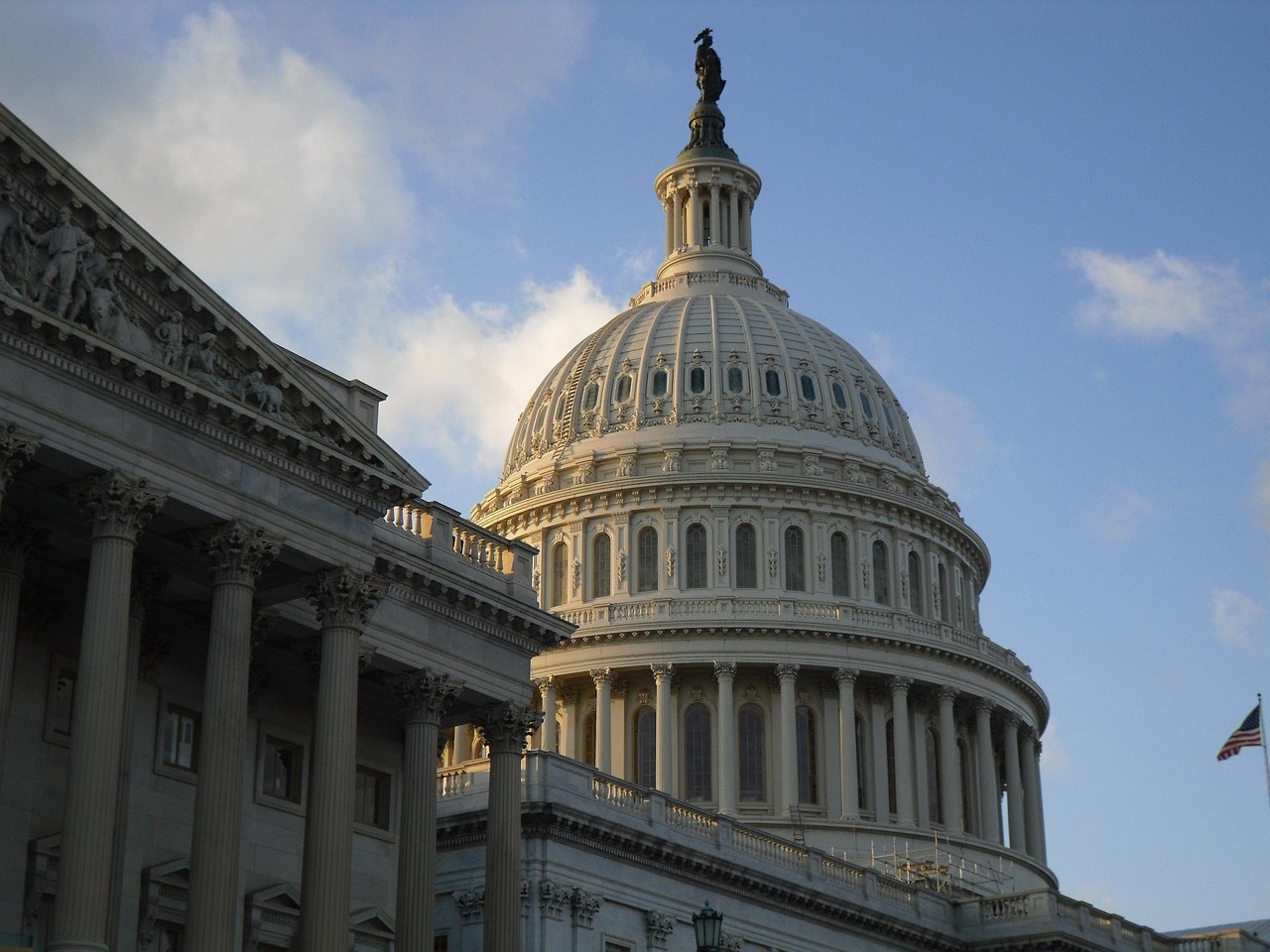A bill creating an efficiency office in Texas similar to the federal government’s Department of Government Efficiency is headed to Gov. Greg Abbott’s desk after receiving full legislative approval.
Texas Senate Bill 14 establishes the Texas Regulatory Efficiency Office, intended to streamline state regulations, reduce rules and shrink the size of the state’s government.
The bill was sent to the governor’s office after the House signed.
The bill limits the deference courts give to agency interpretations of laws and rules. Courts will not be required to defer to an agency’s interpretation of a statute or rules but can still consider the agency’s position if it doesn’t conflict with the law.
Texas is one of several states introducing legislation, creating offices or forming task forces with the goal of reducing the size of state government. Others include North Carolina, Georgia, Kansas, Florida, Wisconsin, South Carolina, New Hampshire, Iowa, Missouri and Oklahoma.
Key components of SB 14 include:
- Establishing the Texas Regulatory Office within the governor’s office. The office will focus on identifying and implementing efficiencies in the rule-making process, helping agencies identify unnecessary rules and coordinating with other state entities to improve public access to information about state regulations.
- Setting goals for state agencies to reduce the number of rules and other regulatory requirements. Goals include eliminating unnecessary rules, reducing training hours, simplifying forms, reducing fees and creating waivers or exemptions.
- Forming a regulatory efficiency panel to advise the governor’s office and the new Efficiency Office. The panel will include members representing regulated businesses, the public, occupational license holders, higher education and state agencies. The panel will be charged with identifying and expanding opportunities for regulatory efficiency.
- Creating a regulatory economic analysis manual and a regulatory reduction guide to assist agencies in their efforts.
- Establishing an interactive website allowing people to search state agency rules and related information by topic, activity or NAICS code.
- Submitting a biennial report to the governor and the Legislative Budget Board, detailing its activities, findings and recommendations.
Image by Wenhan Cheng from Pixabay













